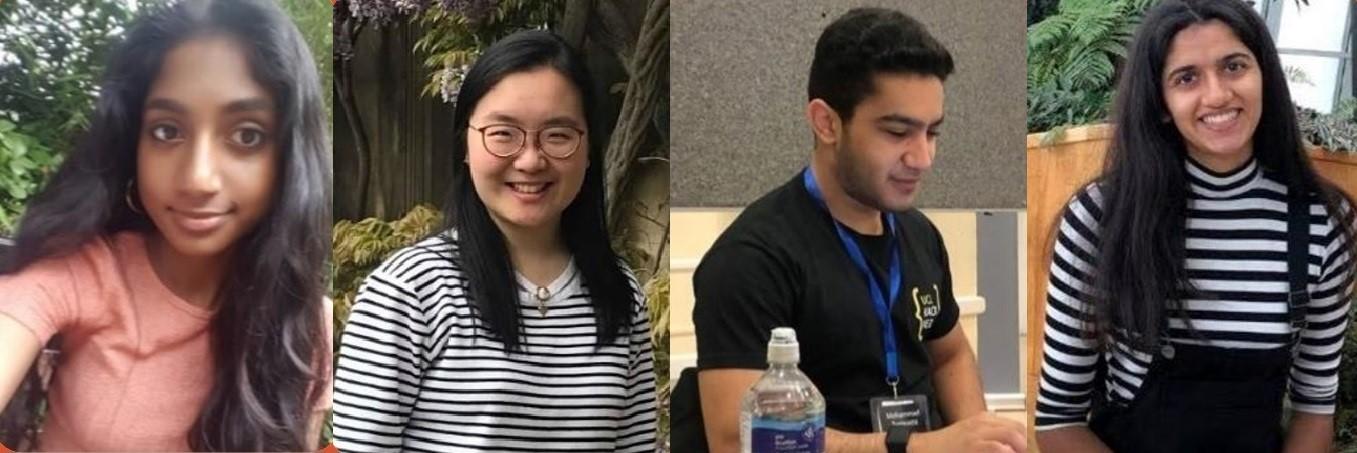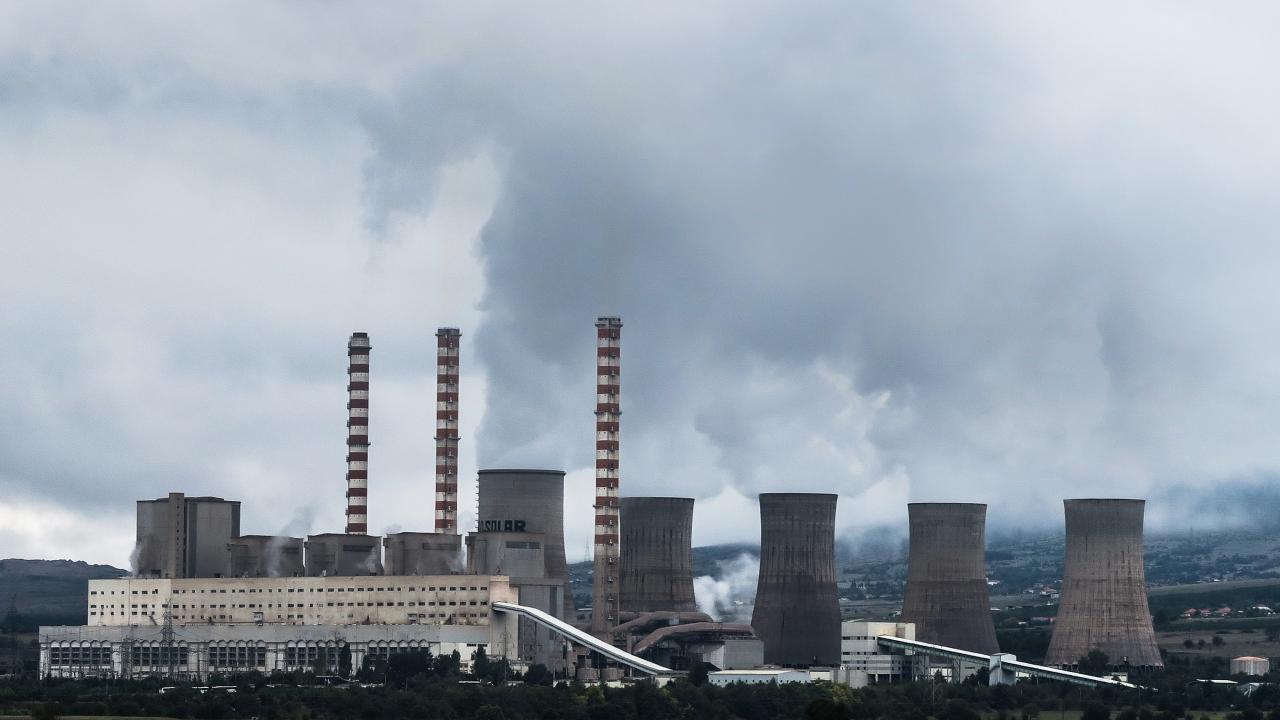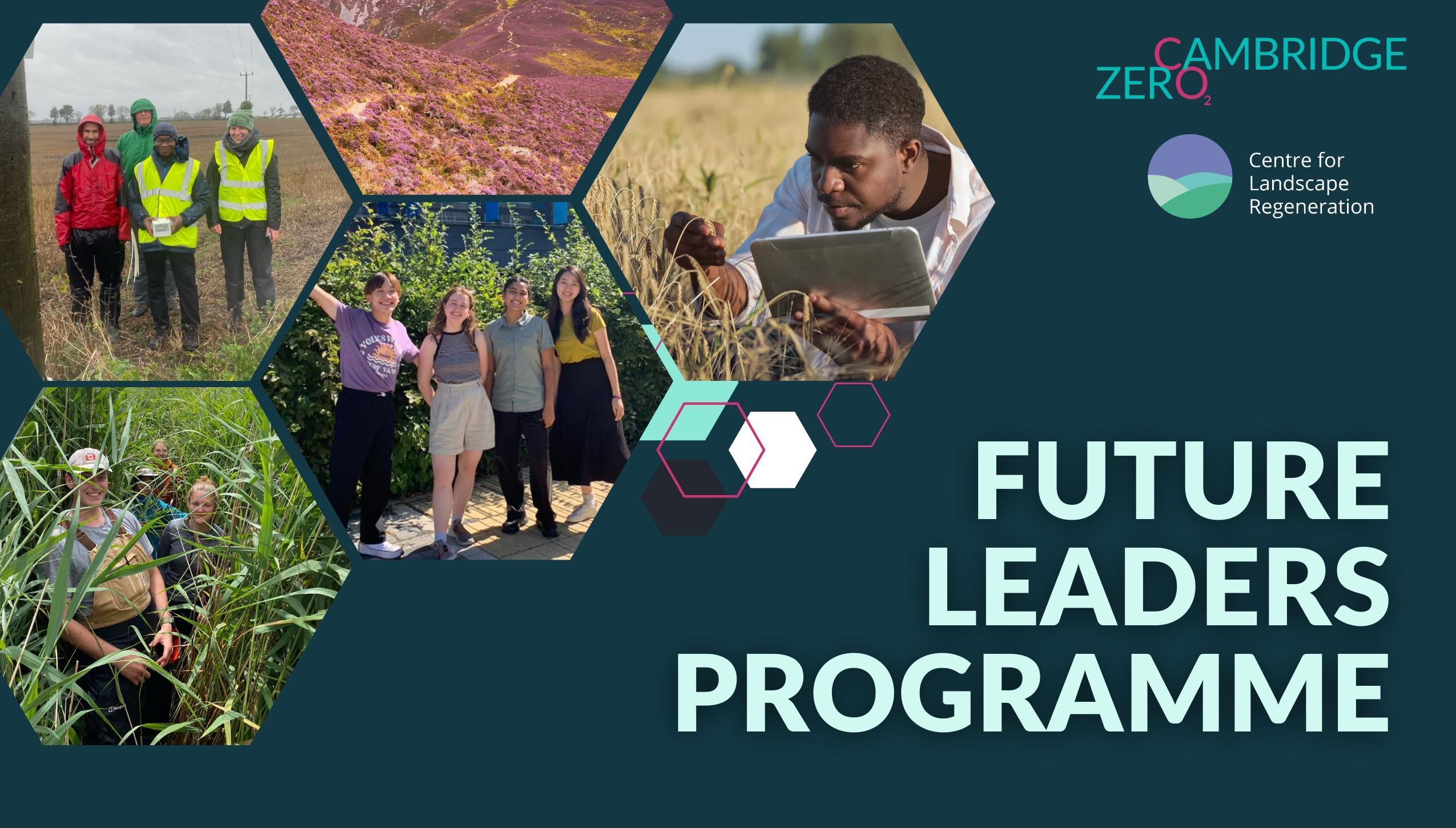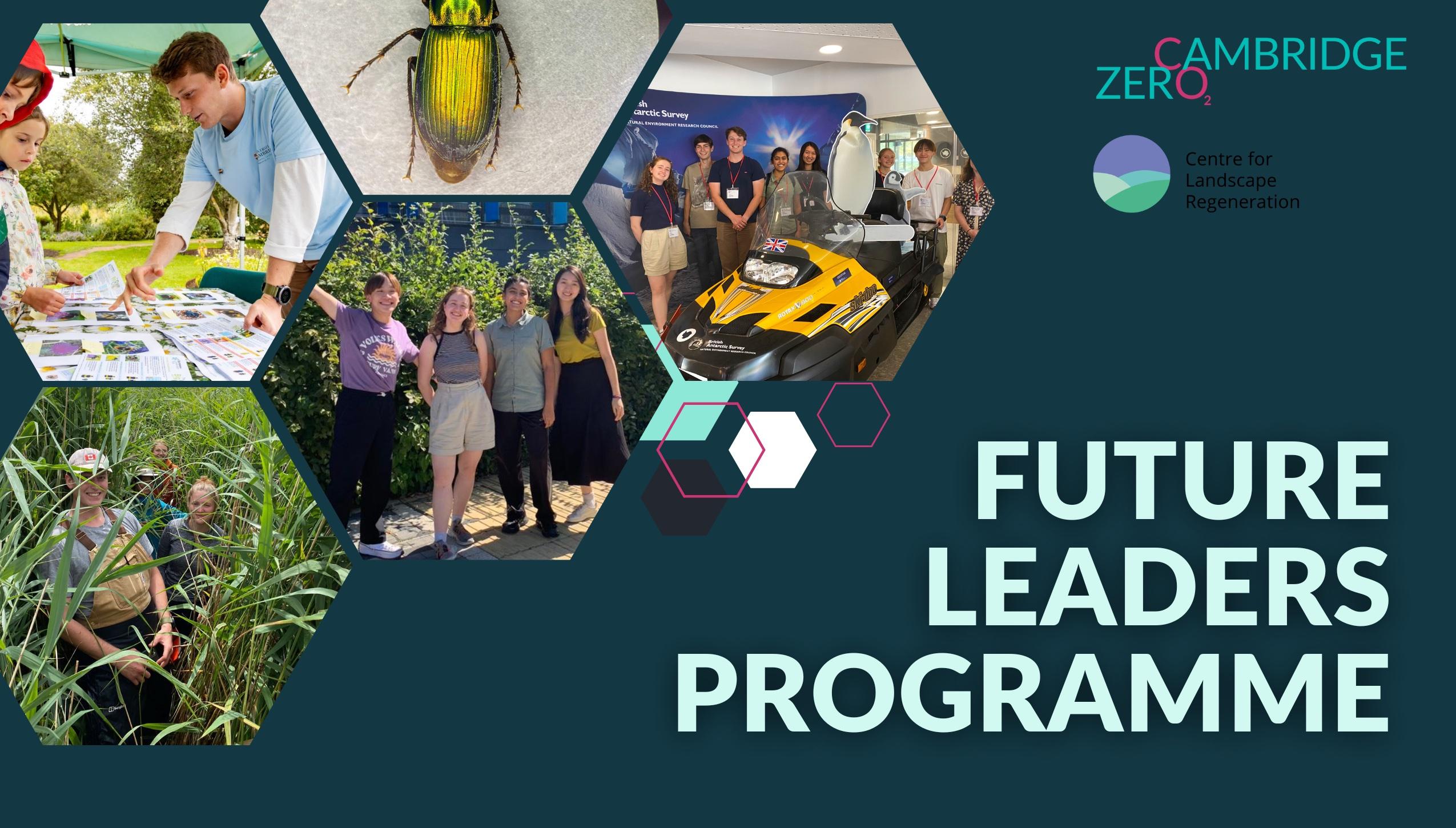The Carbon Challenge Competition is designed to bring together teams of students and staff to come up with ideas to address the climate challenge in practical ways. Teams are all given a mentor and a timeframe within which to complete the competition requirements.
This year’s competition has been unique, partly because for the first time the competition has been a collaboration between Cambridge Zero and the Environment and Energy section, but notably the covid-19 lockdown started in the midst of the latter stages of the competition. The teams and their mentors have coped remarkably well in adapting to how the time scale had to shift and the format converted to being entirely online. The online pitching session was a particular highlight! It’s been a total joy hearing about all the teams proposals and innovations, especially under this year’s challenging conditions.
This year's theme was 'Gamifying Decarbonisation', and we’re delighted to announce the winning team: Team FoodIE.

Abi Sakthivel, Belinda Ng, Mohammed Awwami and Niki Kotecha (pictured above from left to right) developed an idea for an app that supports sustainable food choices by identifying all the ways in which people interact with food and supporting more sustainable choices in all of these interactions. They thought about gamification by coming up with “Mission FoodIE” challenges to encourage transitions to flexitarian diets and leveraging the power of community to support people in making changes.
This year’s runners up are Team CityJam: Georgina Mayhew, Victor Parchment, Viktor Izsof and Linky Knowles. Their idea was inspired by city building games like SimCity but with a strong environmental twist. Players would be given a city in a sub-optimal environmental condition and would then have a choice of interventions that they could take to improve the city’s environmental, economic or social conditions. This game could have a future as a playable game in its own right or as an educational tool to help inform understanding of systems level environmental challenges.
One further team reached the final: Team GreenCup. This team had developed an idea which used game theory to incentivise use of reusable cups in cafés. They aimed to provide a service via an app where people would get free coffee for using a reusable cup a certain number of times. They also intended to make use of 'green warm glow' using environmental facts when people interact with the app.
Thank you to everyone who took part, and a special congratulations to our winning teams!



